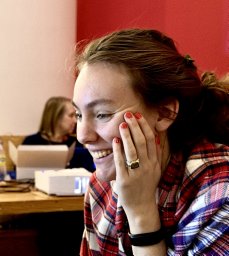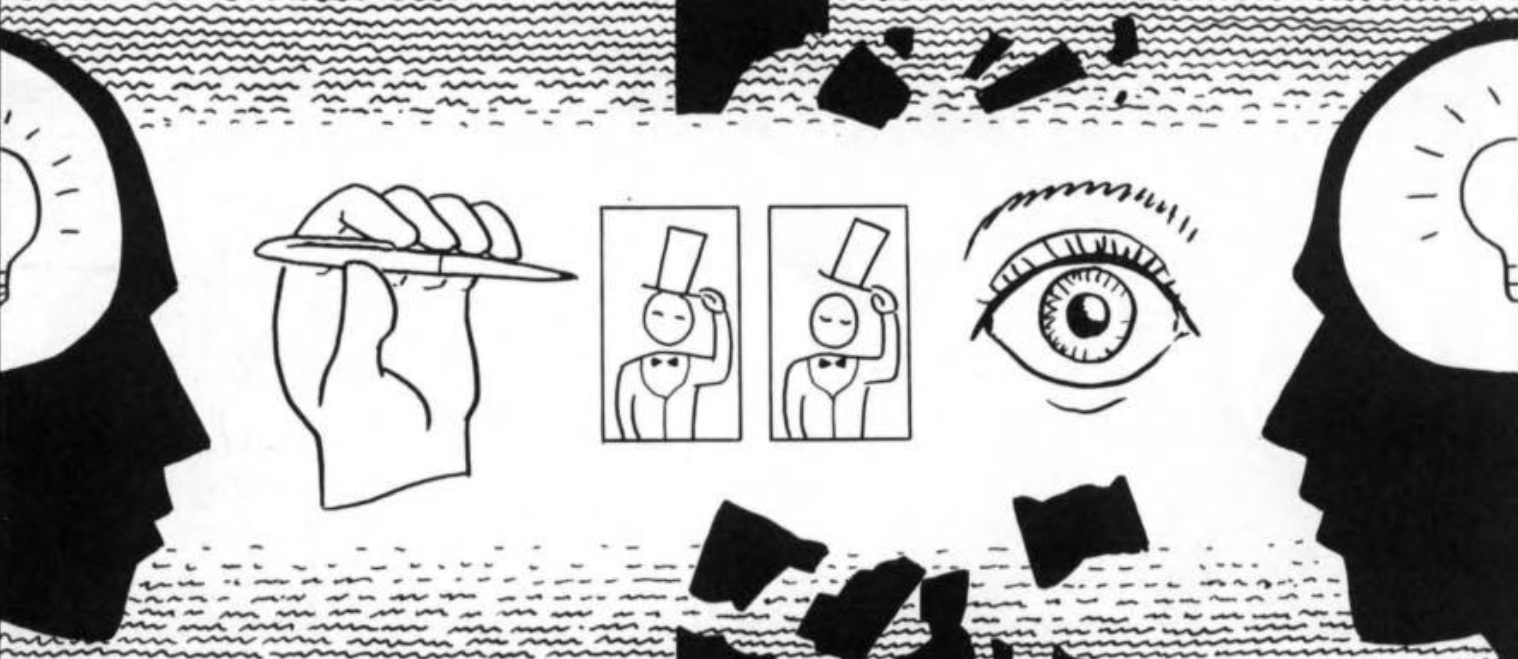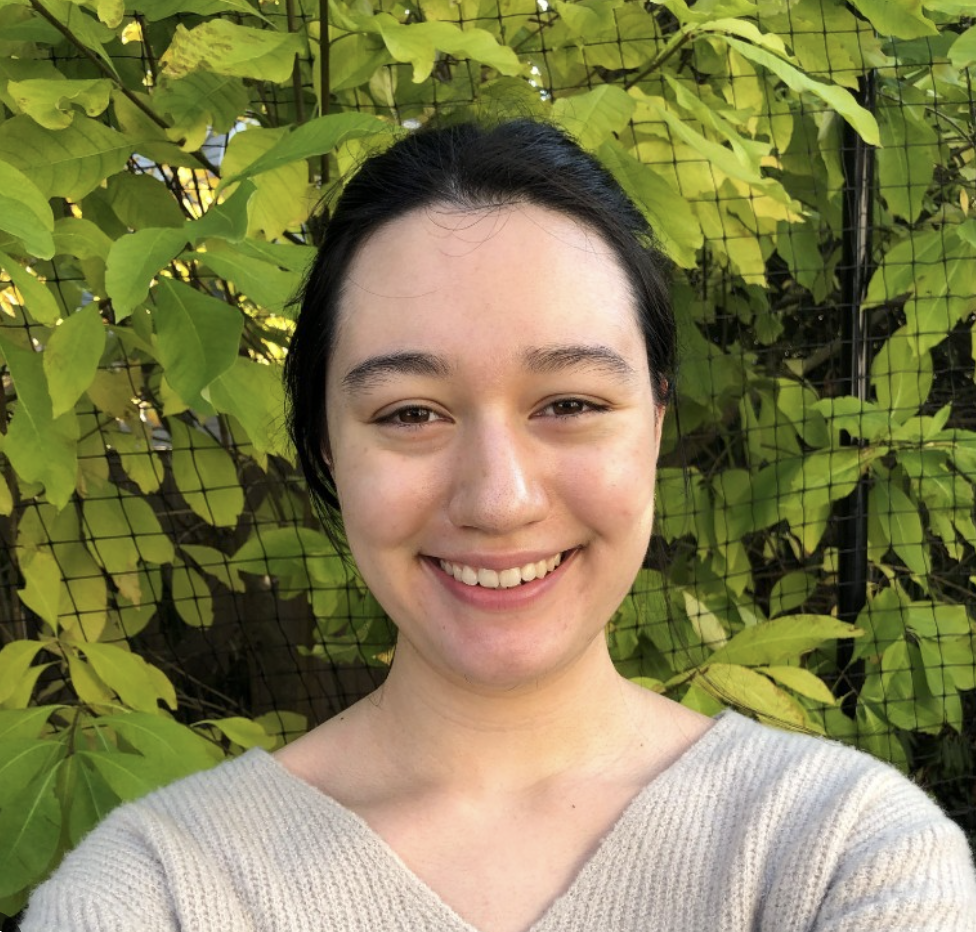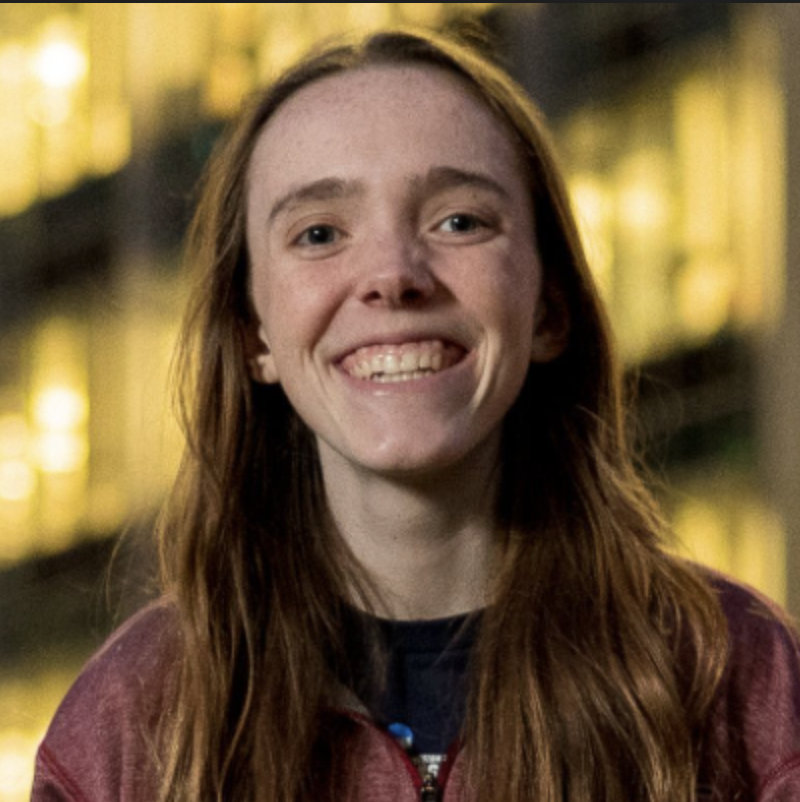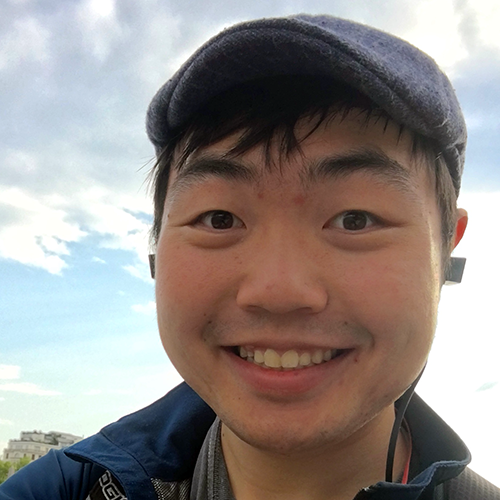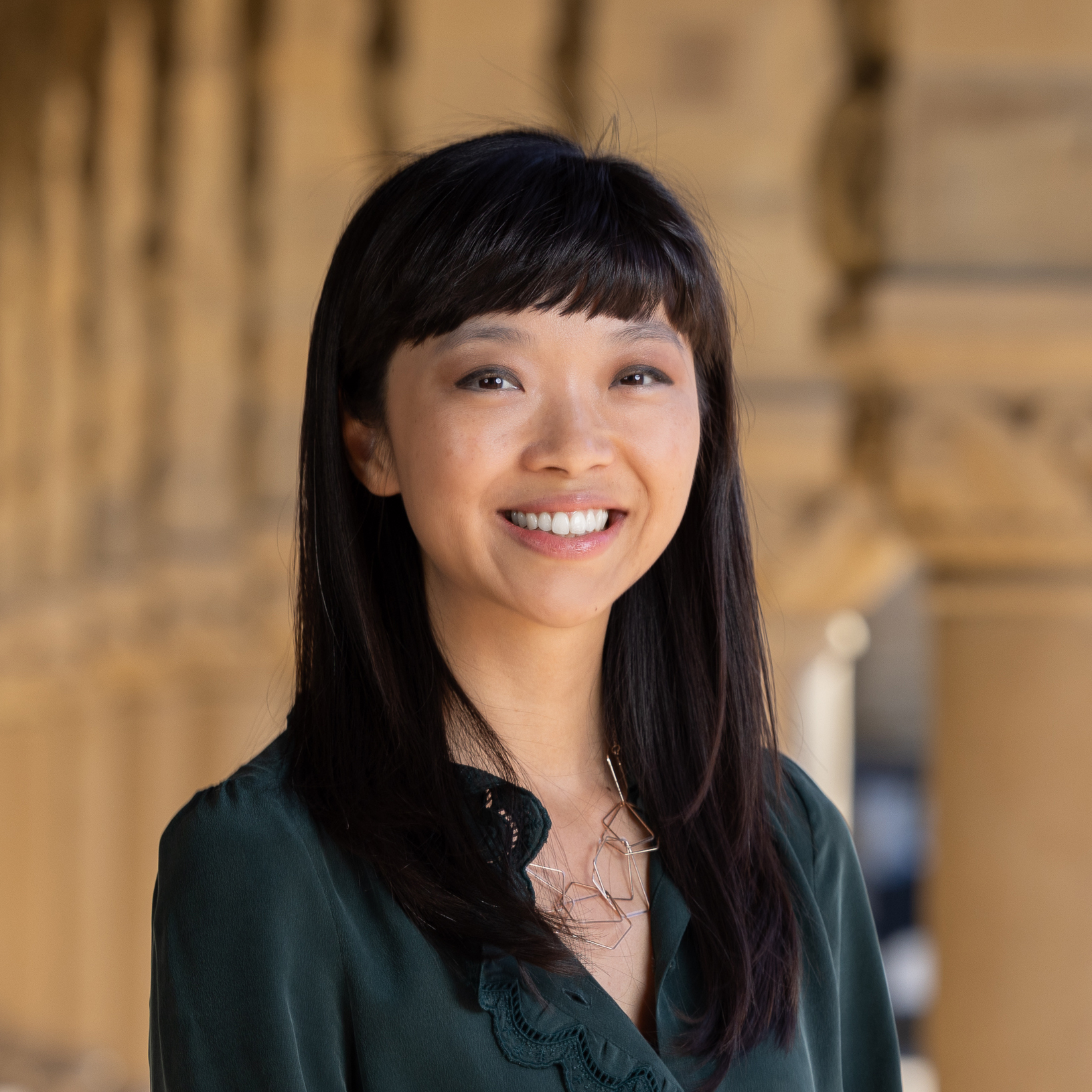"Art being a thing of the mind, it follows that any scientific study of art will be psychology." —Max J Friedländer
"A work of art may be understood as a conductor from the artist's mind to the viewer's." —Sol LeWitt
COGGRAPH is a new workshop at the interface between cognitive science 🧠 and computer graphics 🫖. Building bridges between these scientific communities can help us ask and answer big questions about perception and depiction: questions about how we see, communicate, reason, and express ourselves. We believe the study of the mind can help computer graphics advance the goals of visual computing, while the tools and methods of graphics can help us better study the mind — and we want to grow a community of researchers who feel the same. (For more on our vision for COGGRAPH, read our workshop proposal here.)
We're doing things a little differently than usual. In 2024, COGGRAPH will take place as a series of four virtual online seminars — free & open to the public — featuring interactive conversations with experts from cognitive science, computer graphics, and the arts. Then, in late July, we will convene in-person for activities at the CogSci 2024 conference in Rotterdam. You can download the calendar events for all meetups here! (In 2025, we'll plan to be at SIGGRAPH!)
Sign up for updates below! You are also welcome to contact the COGGRAPH organizers with questions and comments by emailing Kartik.
Schedule
Seminar #1: Visual Communication
Date: Wednesday, June 12th. Time: 4:00pm ET
Register for Zoom Link
Download Calendar Event
At its best, visual computing systems can empower people to communicate — with each other, and with their computer systems. But sometimes, visual computing technologies can lead to miscommunication, confusion, frustration, or worse. Why? What causes communication to break down, and what can we do about it?



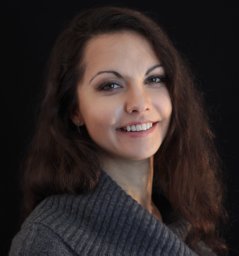
Seminar #2: Visual Perception
Date: Monday, June 17th. Time: 11:00am ET
Register for Zoom Link
Download Calendar Event
The idea of modeling human perception as “inverse graphics” has long inspired researchers in cognitive science and AI — but despite decades of progress, such a model remains elusive. Why? What is the single greatest computational challenge in running optical or physical simulations in reverse?
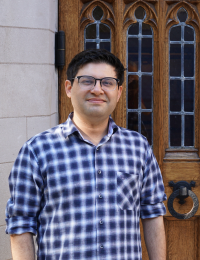
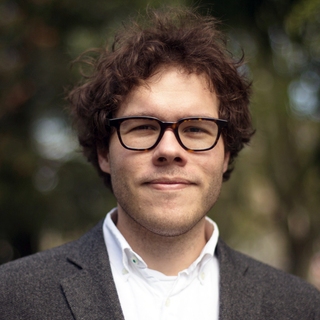

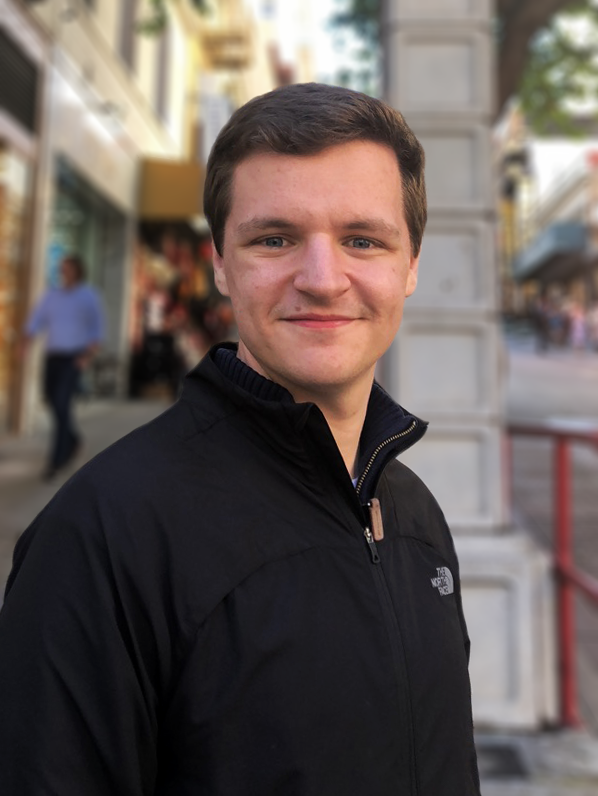
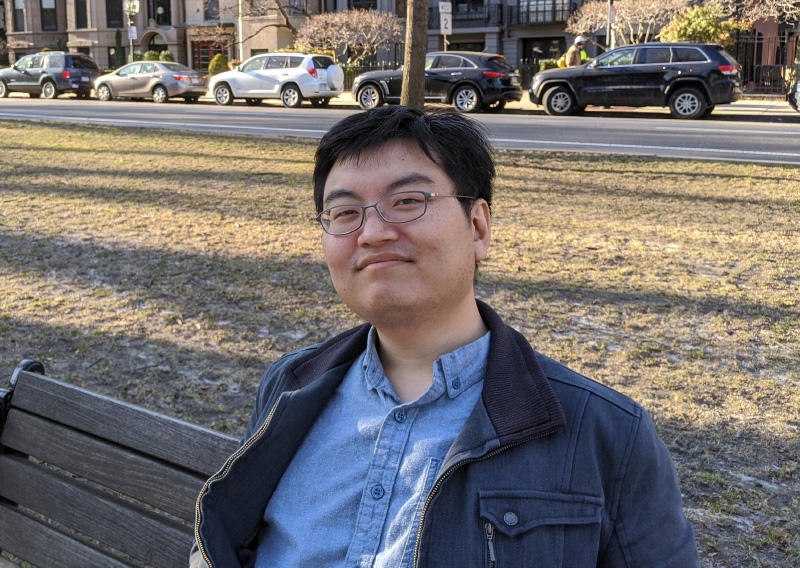
Seminar #3: Visual Reasoning
Date: Wednesday, July 3rd. Time: 4:00pm ET
Register for Zoom Link
Download Calendar Event
From designing tools to proving theorems, people rely on spatial and geometric abstractions to solve problems. But of course, some abstractions are more helpful than others. Why? How can you tell if an abstraction will be useful for problem-solving?

University 🧠

University 🫖
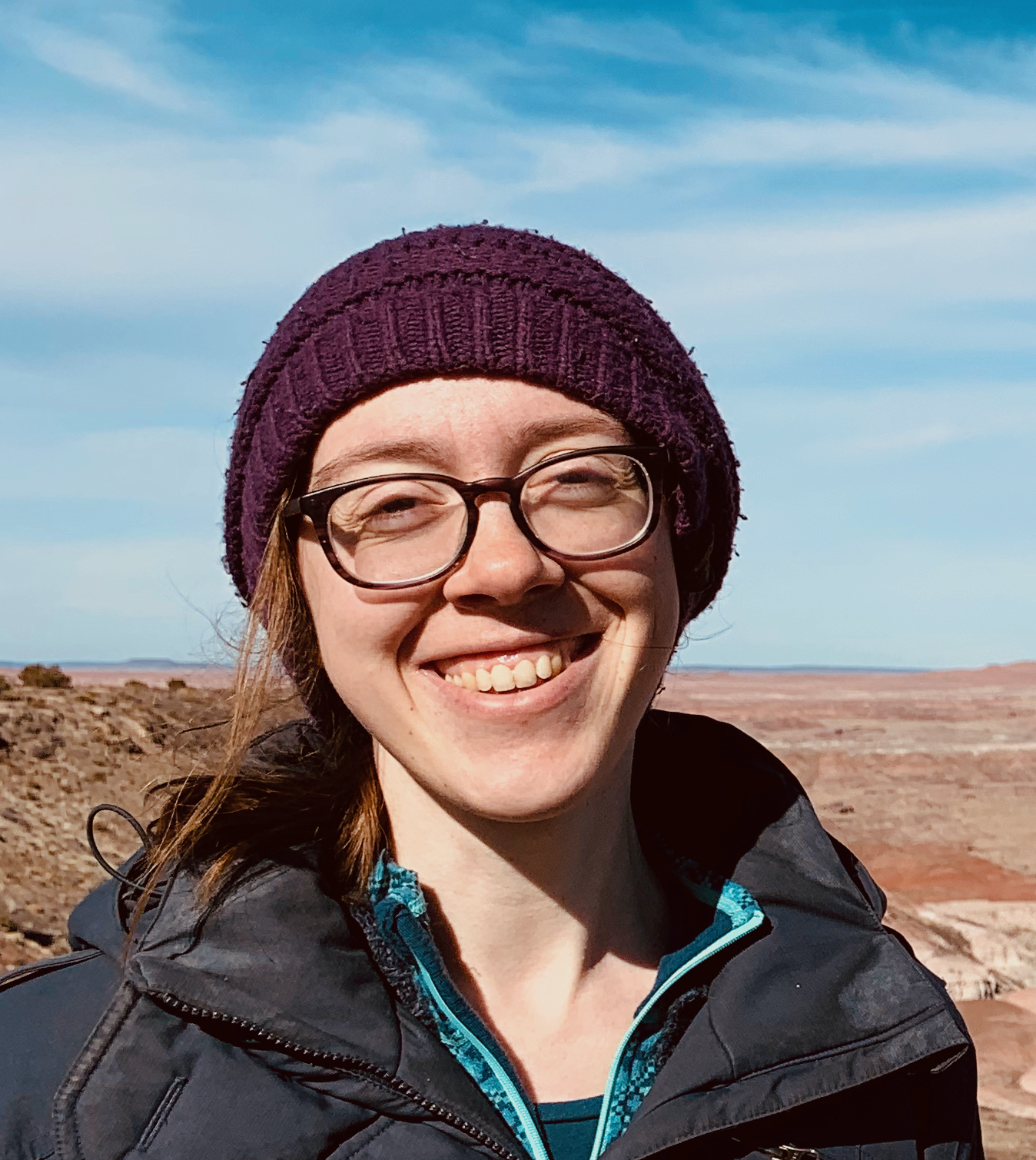
British Columbia 🧠
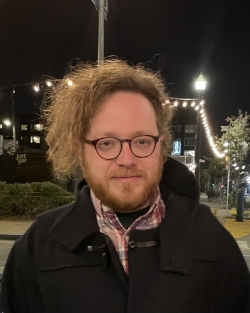
Washington 🫖
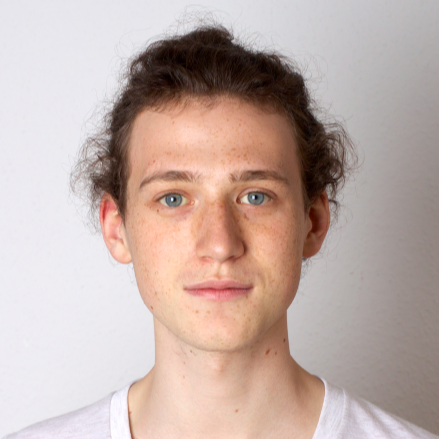
Seminar #4: Visual Expression
Date: Tuesday, July 16th. Time: 2:00pm ET
Register for Zoom Link
Download Calendar Event
The field of computer graphics has long been interested in algorithms for “non-photorealistic” rendering and animation. Why? What is it about the human mind that drives us to create — and allows us to perceive — images and videos that are not perceptually faithful to reality?

